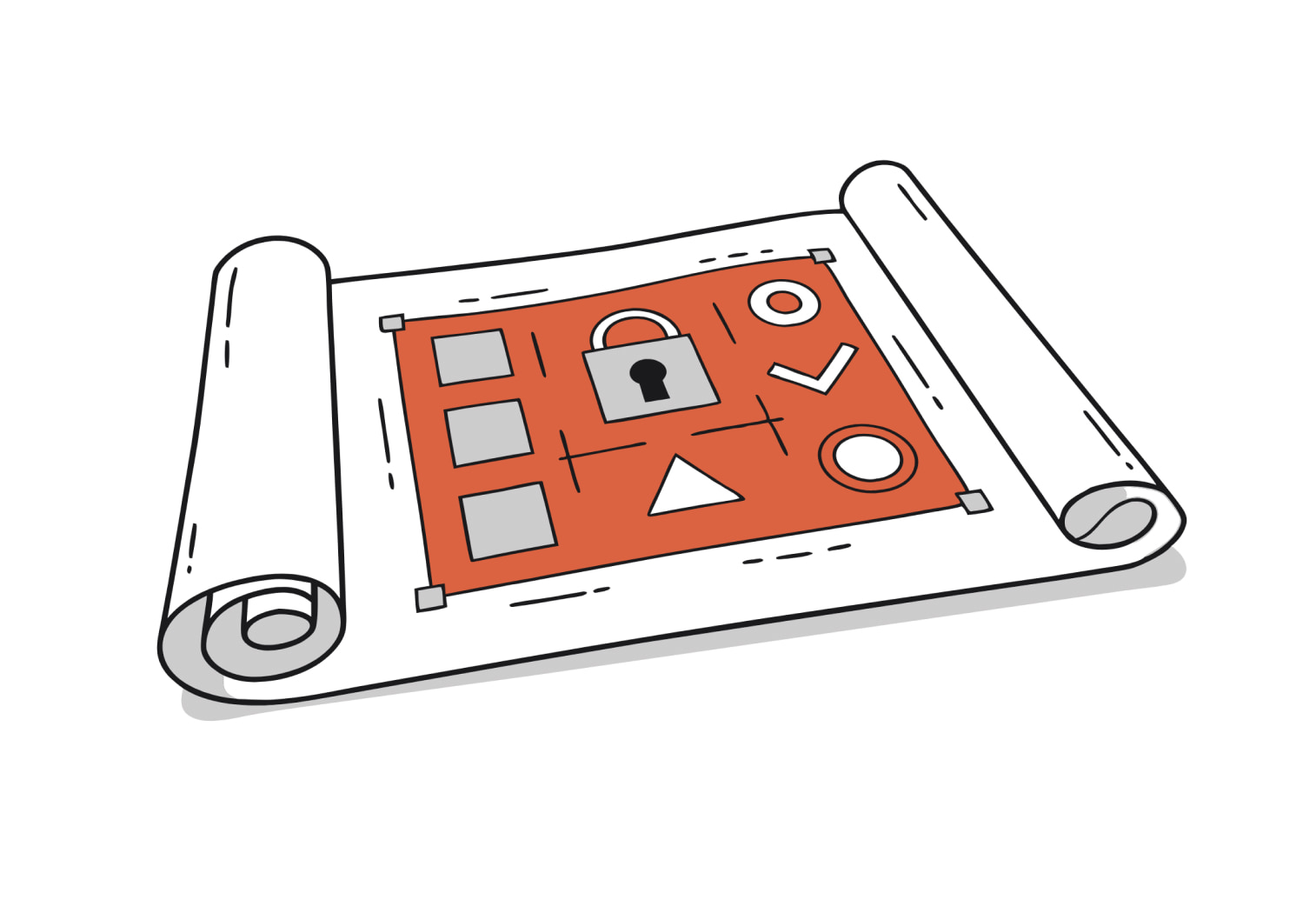Assessment & Analysis
An efficient incident response strategy starts with having a good grasp of the security posture and any weaknesses in your company’s security posture.
Every project starts with a thorough evaluation and analysis phase intended to find risks, threats, and opportunities for development.
Initial Consultation
Drawing on our research, we create an incident response plan that is specific to your company’s objectives and compliance needs.
Risk Assessment
Our experts conduct a thorough risk assessment, evaluating your existing systems and processes to identify areas of risk and potential attack vectors.
Gap Analysis
We analyse the gaps between your current security measures and best practices within the incident response process, providing a clear roadmap for improvement.
Through our meticulous assessment and analysis process, we lay the groundwork for the development of a robust and tailored incident response plan.
Identifying risks, gaps, and improvement opportunities helps your organisation effectively respond to and recover from cyber security incidents.








